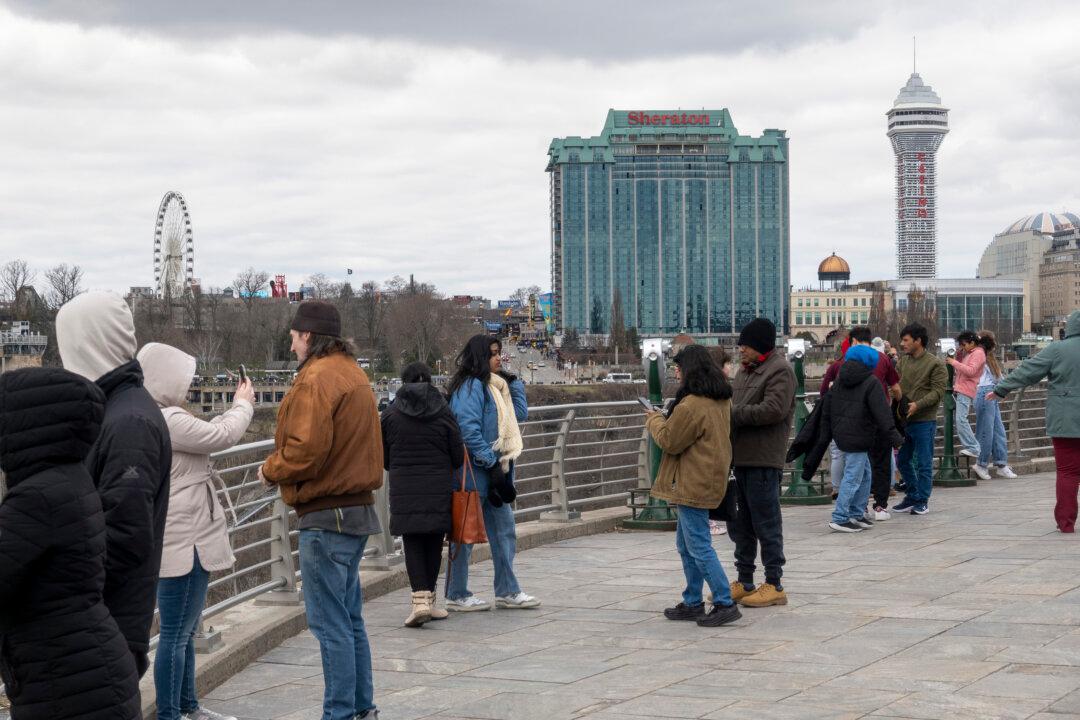Commentary
When I heard the Niagara Region had declared a state of emergency over the solar eclipse on April 8, I had to double-check to ensure I wasn’t hearing from some sort of parody site. Alas, the news was all too real. Not to be outdone though, our American cousins in Indiana have declared a state of emergency for the entire state for the eclipse. Niagara isn’t alone, but it’s cold comfort at best.





